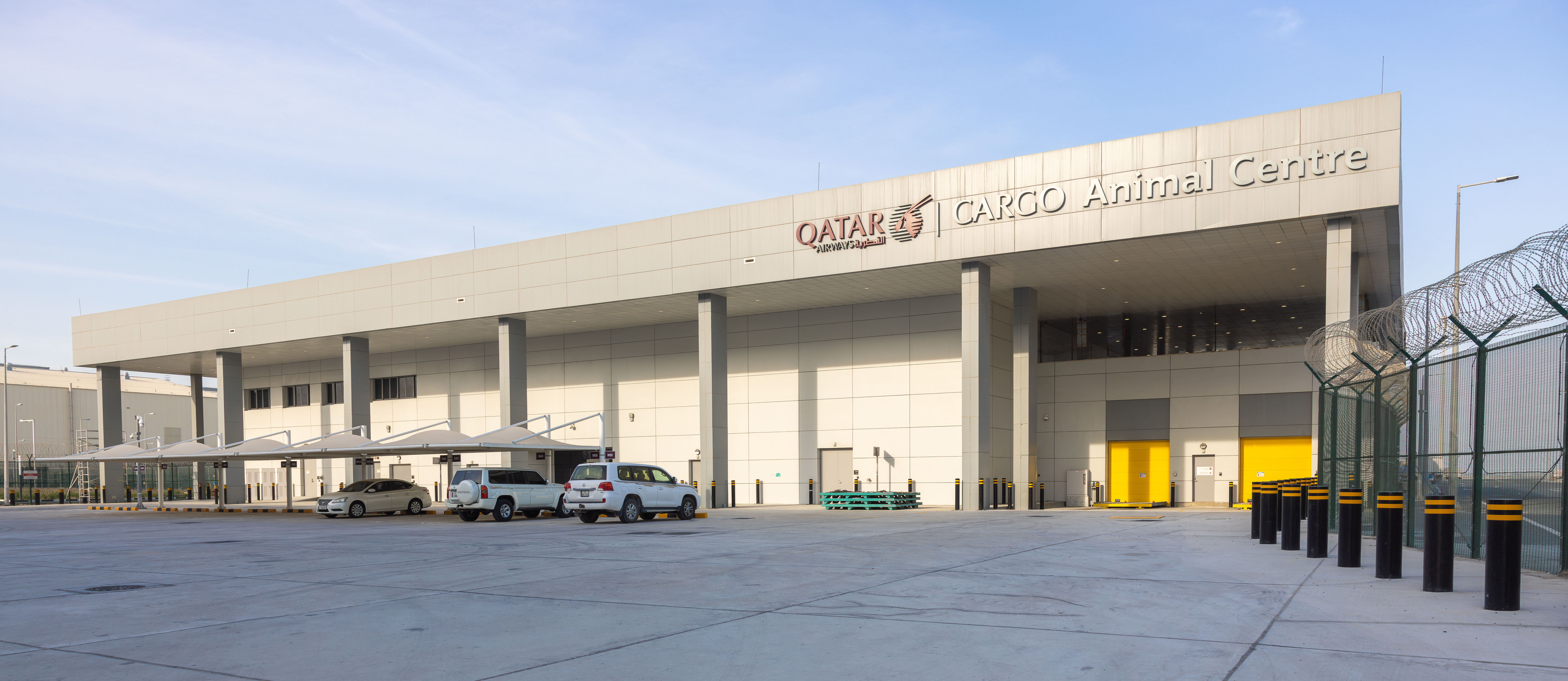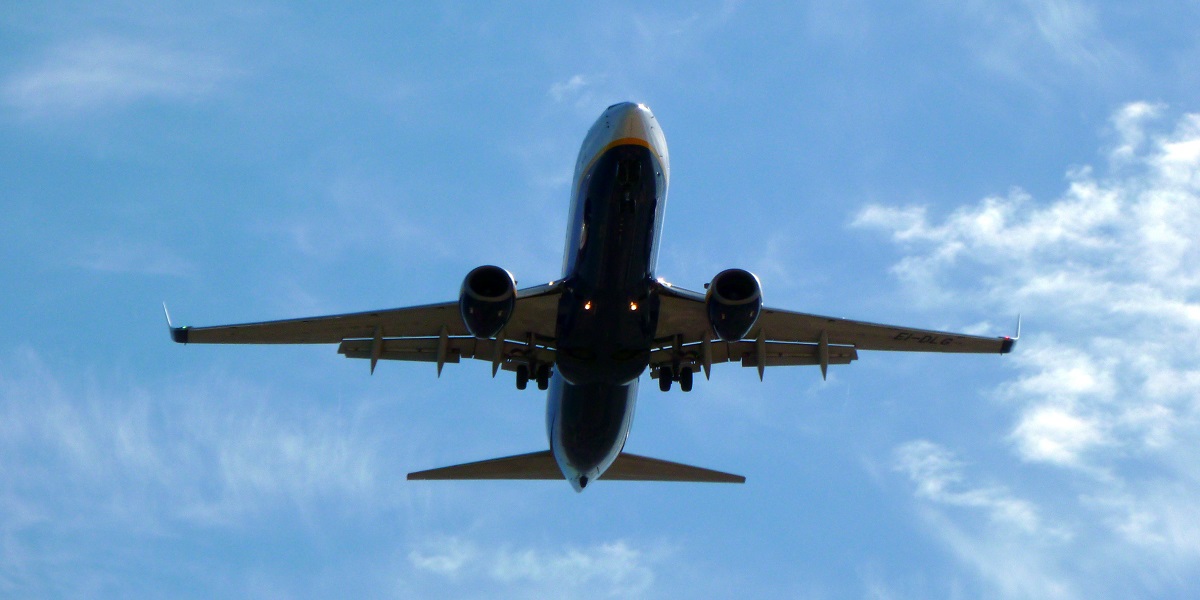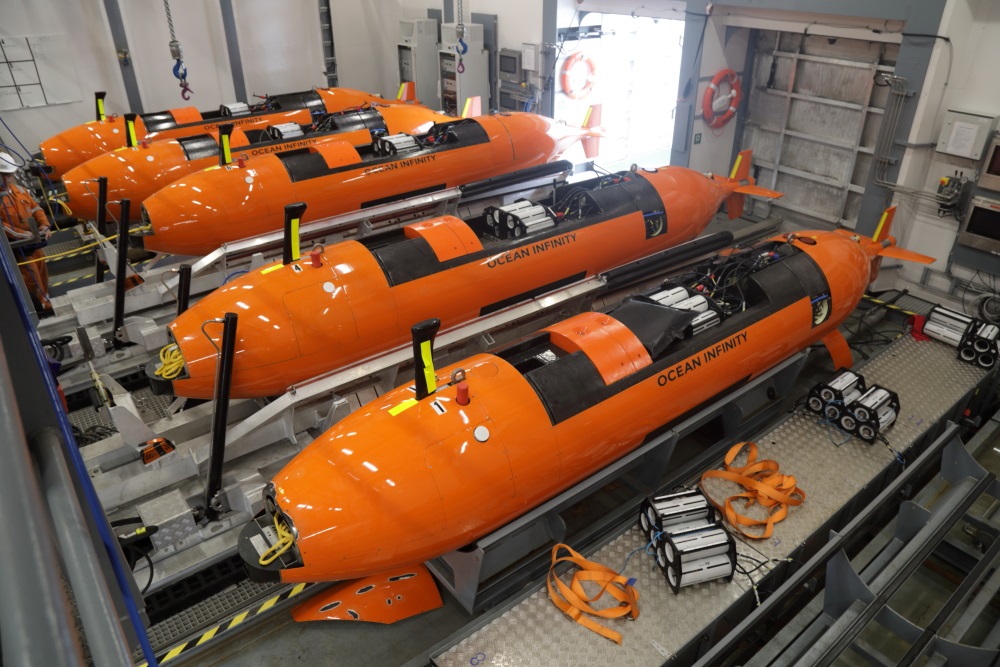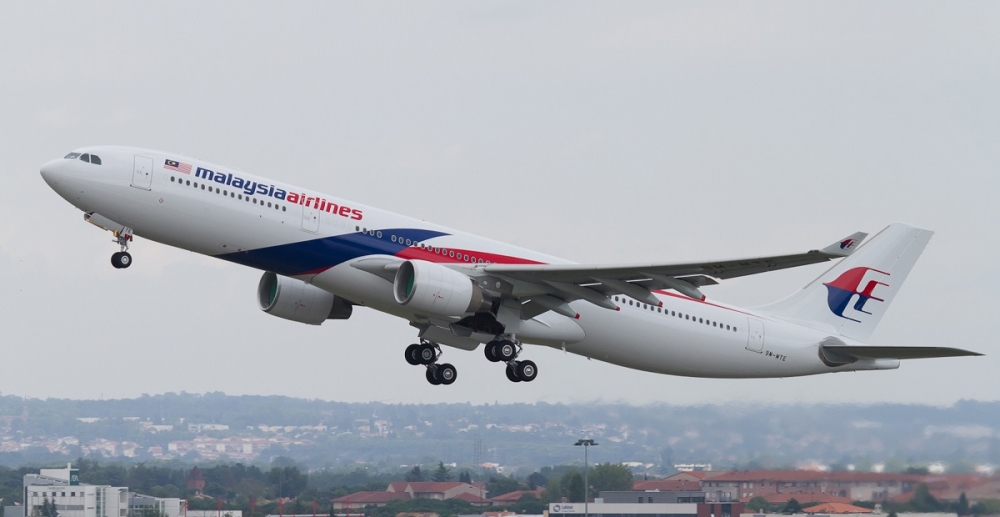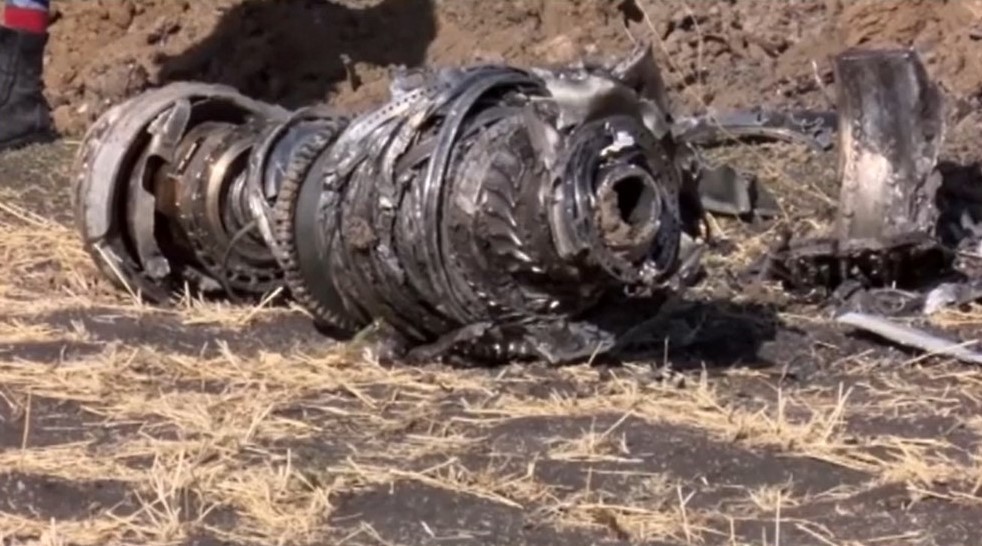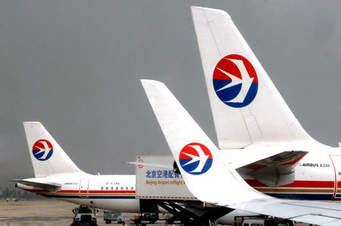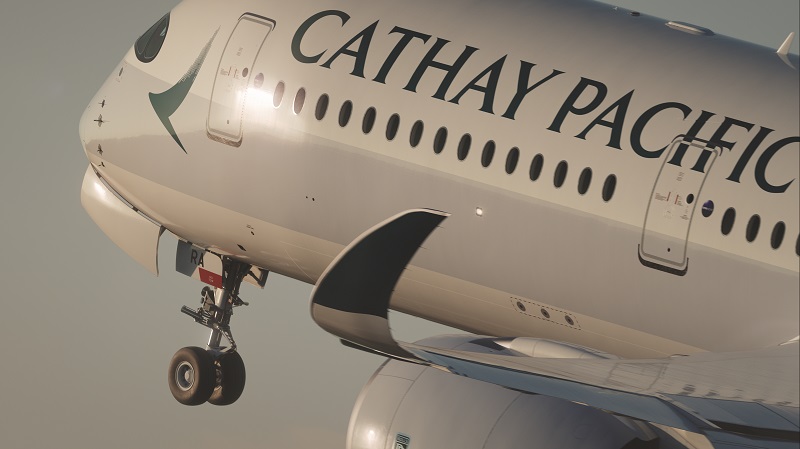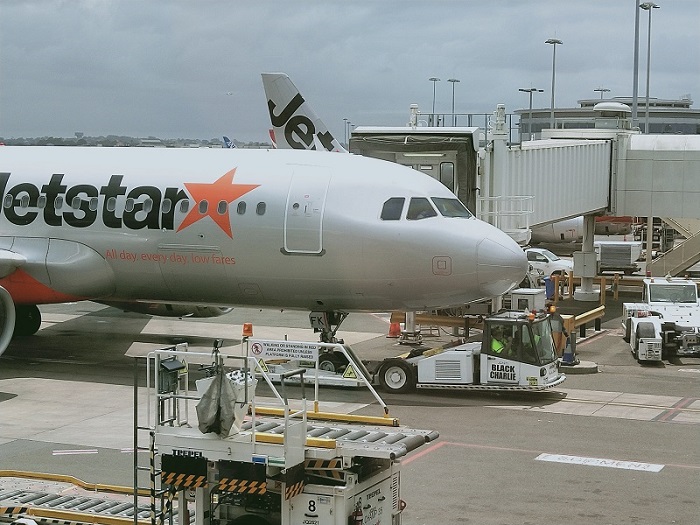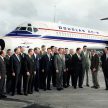Air New Zealand says it remains committed to its Hong Kong and Shanghai services but it expects the impact on customer demand of the coronavirus outbreak to extend as far ahead as May.
The comment comes as Singapore Airlines released a swathe of flight cancelations that also extended through to May.
The Air NZ plan at this stage is to resume flights to Shanghai from March 30 but operate a return flight every second day, instead of daily, through to April 30.
The Kiwi carrier’s Hong Kong services, which are currently being operated by Cathay Pacific, would resume on Air New Zealand aircraft from March 29 but will be reduced from daily to four return services a week from April 21 to May 31.
READ: Virus sees china drop from third-biggest international market to 25th
The resumption of the flights still depends on international travel restrictions being lifted and the airline said the health and safety of crew and customers would be paramount.
The re-entry into Shanghai, in particular, would be subject to guidance from the New Zealand Ministry of Health and the Air New Zealand medical team.
Air New Zealand Chief Revenue Officer Cam Wallace says the airline remains committed to its Shanghai and Hong Kong services despite the impact of the coronavirus.
“We have this week conveyed to officials in China our intention to resume services from April subject to the current travel restrictions being lifted and the appropriate medical advice from the New Zealand Ministry of Health and our own Medical Team,’’ he said.
“We are grateful for officials’ understanding of our temporary suspension of Shanghai services.
“Clearly, the coronavirus has had an impact on bookings into Shanghai and Hong Kong, and our schedule for April and May will reflect this with a lower flight frequency.”
The carrier said customers affected by the changes would be contacted directly by the airline or their travel agent and urged people to check the travel alerts section of the website before calling its contact center.
Singapore Airlines also reduced capacity between its home base and a slew of destinations in April and May due to weak demand stemming from the coronavirus outbreak.
The hundreds of Singapore Airlines and SilkAir cancelations are spread across the group’s network and include services to the US, Europe, Australia and other parts of Asia.
The airline said the reductions were temporary and it would continue to monitor the situation.
Details of the affected flights are HERE.
It advised affected customers to contact its reservations center if they had booked directly or talk to their travel agent.
“As we are expecting large volumes of calls, we seek your patience and understanding that our customer service agents may take longer than usual to respond to you,” it said.
Despite the capacity cuts, SIA says it is well-positioned to weather the challenges posed by the COVID-19 outbreak.
The Singaporean airline group delivered strong third-quarter results on Monday with a record revenue of $S4.47 billion and a 15.7 percent increase in operating profit to $S449 million ($US322.6m).
The group net profit for the quarter was up almost 11 percent to $S315m on the back of its successful transformation program.
The mainline airline had already significantly reduced flying to China and low-cost offshoot Scoot has suspended all flights there until March 28.
“Amidst this challenging environment, the SIA Group will continue to be proactive and nimble in making appropriate network adjustments and managing costs tightly,” SIA said in its outlook.
“Ensuring the safety and well-being of our passengers and staff is always our highest priority. We have set up a high-level task force to closely monitor the COVID-19 situation and promptly roll out measures to minimize the risks to our passengers and staff.
“For instance, we have stepped up the cleaning and disinfection of our aircraft cabins, modified our in-flight service to improve safety for passengers and crew, and stopped layovers on flights to China.”
Meanwhile, Thai Airways International has increased screening for COVID-19 on flights from Cambodia after a passenger on a cruise ship that docked there tested positive for the disease.
The airline said the Thai government had ordered increased screening for all passengers on the Westerdam cruise ship who were entering Thailand.
The increased passenger screening procedures on flights from Phnom-Penh to Bangkok would be in force until February 29, it said.


